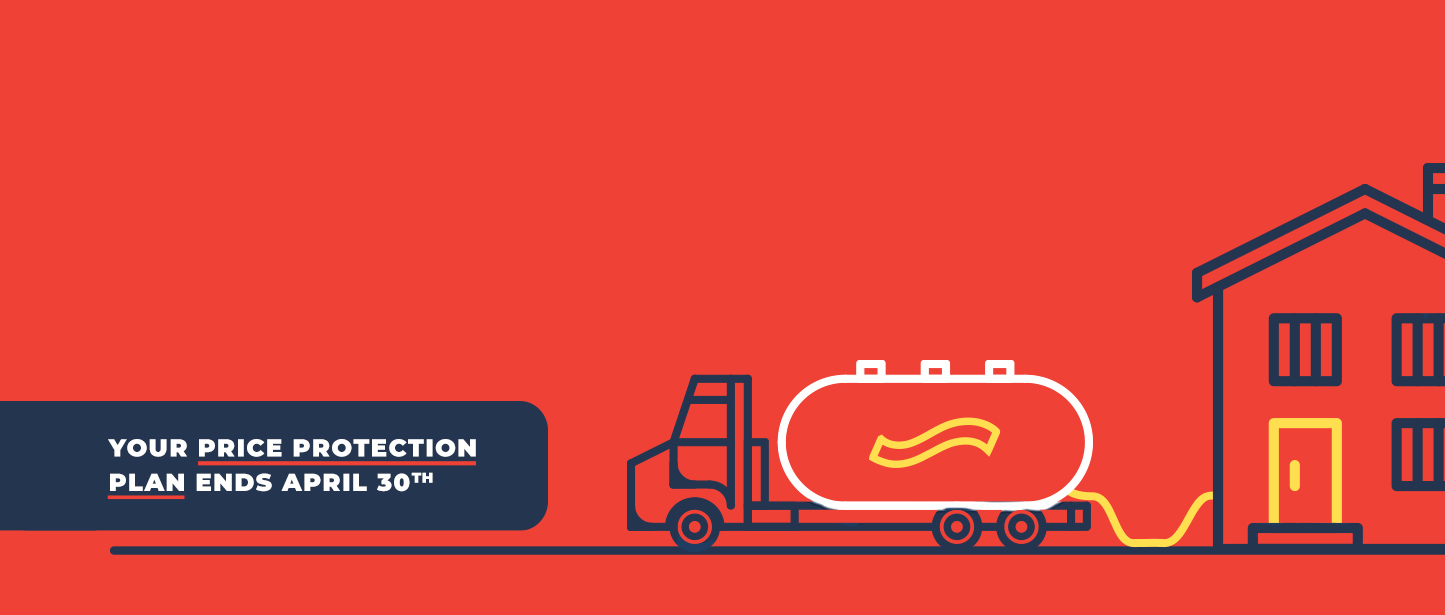
Santa Energy is a family-owned company committed to providing the best in fuel services for homes and businesses in Fairfield and New Haven Counties. We offer:

Whether it’s heating your home in the winter, cooling it in the summer, protecting it when the power goes out or making sure you have hot showers, the experienced technicians at Santa Energy will install and service your home’s HVAC and comfort equipment.
Our affordable service plans give you more peace of mind.